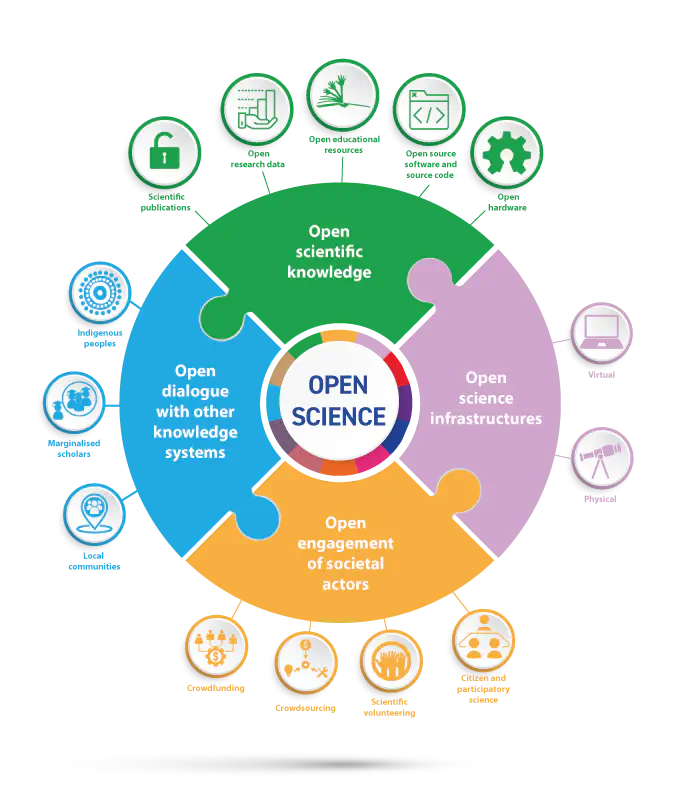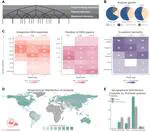How can we shape the future of (neuro-)science?

The scientific community in psychology and neuroscience is facing increasing pressure to reevaluate and improve its culture and practices. In recent years, even long-accepted findings have come under scrutiny due to challenges in replicating or reproducing research results.
For example, consider the case of the “ego depletion” phenomenon—a theory suggesting that self-control depletes a limited resource over time, impacting human behavior. Despite its initial acclaim, subsequent attempts to replicate these findings have produced mixed results, raising doubts about the reliability of the original research.
These challenges underscore the need for rigorous evaluation, transparency, and the adoption of evidence-based, reproducible, and robust standards in scientific research. Additionally, fostering inclusivity and diversity within research communities is vital for promoting innovation and creativity. A key aspect of this initiative is cultivating a diverse community of scientists representing various backgrounds and perspectives, including women, parents, and other underrepresented groups.
As a researcher, I am dedicated not only to incorporating open-science principles into my own work, but also to actively engaging in community efforts to develop and standardize research methods and practices, and experiment with alternative models of conducting science. Together, my colleagues and I aim to reshape the future of psychology and neuroscience toward a more collaborative, transparent, and impactful discipline.
If you are curious to learn more, check out some of my associated publications:
